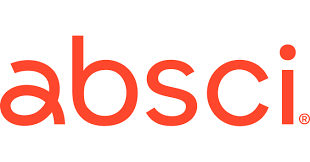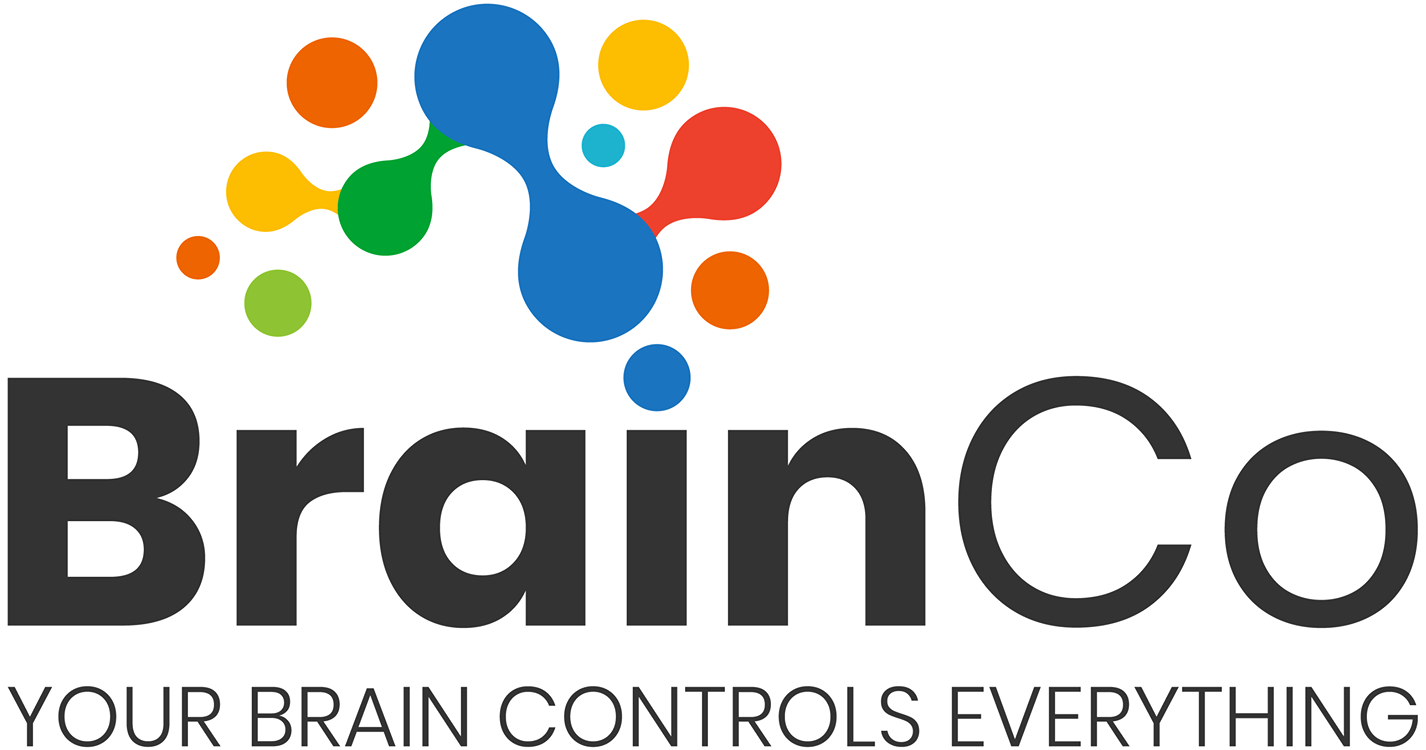





























Optimized database queries, reducing average response time by 65% for a high-traffic e-commerce platform
Implemented data partitioning strategy, improving data retrieval speed by 40% for large datasets
Implemented data partitioning strategy, improving data retrieval speed by 40% for large datasets
Lena led the migration of a legacy on-premises database to a cloud-based solution. She designed and implemented a new schema that improved data normalization and reduced redundancy. The project resulted in a 30% reduction in storage costs and enabled real-time data replication across multiple regions.
Designed and implemented a sharding strategy that increased database throughput by 300% for a social media application
Mentored junior developers in advanced SQL techniques and database performance tuning
Optimized complex SQL queries, reducing average execution time by 85% and improving overall database performance for a financial services application processing 1 million transactions daily.
Jamal developed a real-time analytics system for a large retail chain. He created a series of materialized views and implemented stream processing to provide up-to-the-minute sales data. The system allowed for instant analysis of sales trends, leading to more agile inventory management and a 15% increase in sales.
Improved database security by implementing row-level security, reducing unauthorized access attempts by 95%
Optimized stored procedures, cutting average execution time by 70% for critical business operations
Led the adoption of database version control practices, improving deployment reliability and team productivity
Sophia designed and implemented a data warehouse solution for a healthcare provider. She created ETL processes to integrate data from multiple sources and designed a star schema for efficient reporting. The project enabled complex data analysis, leading to improved patient care strategies and a 20% reduction in administrative costs.
Implemented database replication strategy, achieving 99.99% uptime for mission-critical systems
Reduced storage requirements by 45% through effective data compression and archiving strategies
Spearheaded the transition to a DevOps model for database development, improving deployment frequency and reliability
Raj developed a scalable time-series database for an IoT platform. He implemented custom indexing and partitioning strategies to handle high-volume sensor data. The solution allowed for real-time data ingestion of over 1 million events per second and enabled complex time-based analytics.
Designed and implemented a graph database solution, reducing complex query execution time by 85%
Improved data quality by implementing automated data validation processes, reducing errors by 75%
Championed the use of database unit testing, significantly improving code quality and reducing post-deployment issues
Ava led the development of a customer 360 database for a financial services company. She designed a flexible schema to accommodate diverse data sources and implemented advanced matching algorithms for entity resolution. The project enabled personalized customer interactions, leading to a 25% increase in cross-selling opportunities and improved customer satisfaction scores.
With our extensive candidate network and dynamic team search approach, Redfish recruiters can greatly reduce your time to hire compared to in-house hiring processes.
Redfish recruiters handle every step of the process, including finding talent, screening candidates, scheduling interviews, conducting reference checks, and negotiating the offer, freeing up your in-house HR staff to focus on their other responsibilities.
We form the same in-depth relationships with clients that we establish with candidates, taking the time to fully understand your company and needs and giving each client a single point of contact for all communications.
We understand the roles we recruit for inside and out, whether that’s the technical jargon familiar to engineers and programmers or the skills that make an exceptional sales or marketing hire. When we send along a candidate, you can trust they have what it takes to excel.
With 20+ years in the recruiting industry, Redfish Technology has built an extensive network of connections and candidates, and our reputation precedes us. We’re a recruiting firm top talent wants to work with, giving you access to better talent than you’ll find from other services.



Essential skills include proficiency in SQL, experience with major database management systems (e.g., Oracle, SQL Server, MySQL), knowledge of database design principles, and familiarity with performance tuning and optimization techniques.
While SQL databases are still predominant, NoSQL knowledge is increasingly valuable. Look for candidates with experience in both, as many organizations use a mix of SQL and NoSQL databases depending on their needs.
Besides SQL, proficiency in languages like Python, Java, or C# is beneficial. These are often used for database-related tasks, stored procedures, and integrating databases with applications.
Present them with real-world scenarios involving database design challenges or performance issues. Ask them to walk you through their thought process and potential solutions.
Look for candidates with knowledge of data encryption, access control mechanisms, and experience implementing security best practices. They should understand concepts like SQL injection prevention and secure authentication methods.
Cloud database experience is increasingly crucial as many organizations move to cloud-based solutions. Look for familiarity with platforms like Amazon RDS, Azure SQL Database, or Google Cloud SQL.
Key soft skills include strong communication abilities, teamwork, attention to detail, and the capacity to explain complex database concepts to non-technical stakeholders.
Ask them to design a database schema for a hypothetical application. Look for their ability to create efficient, normalized designs that meet business requirements and follow best practices.
Seek candidates with experience in planning and executing data migrations between different database systems. They should be familiar with ETL processes and tools, and able to ensure data integrity during migrations.